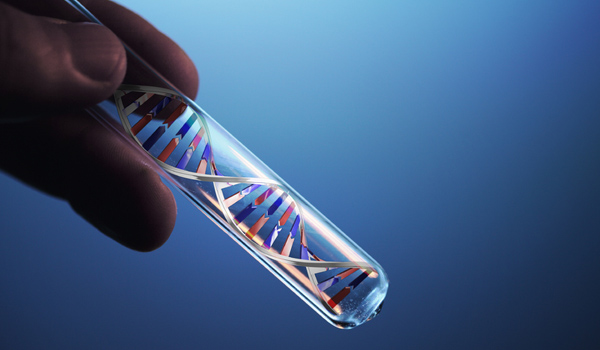Autism and ADHD Share Genetic Similarities

Similar genetic changes found in some people with ADHD and in some with autism may help explain why children with the hyperactivity disorder often have symptoms of other developmental disorders, a new study reports.
The study identified several genetic changes that are present in a small portion of both attention deficit hyperactivity disorder (ADHD) patients and autism patients, and that are absent in people without these disorders.
Although it has been known that some autism and ADHD patients have certain rare genes in common, this is the first study "to compare the two conditions head to head, in an identical way," said study researcher Russell Schachar, senior scientist of psychiatry at the Hospital for Sick Children in Toronto.
In addition to finding a genetic overlap between the conditions, the study identified several genes not previously known to be involved in ADHD.
The research was published online today (Aug. 10) in the journal Science Translational Medicine.
Attention and autism
ADHD, a condition characterized by inattention, hyperactivity and impulsiveness, affects 4 percent of school-age children worldwide. Autism and its related disorders, whose symptoms include difficulty with social interactions and communication, affect approximately one of every 300 children. Scientists suspect that a combination of environmental and inherited factors leads to both conditions, but the specifics of the genetic pathways involved remain unclear, the researchers said.
Sign up for the Live Science daily newsletter now
Get the world’s most fascinating discoveries delivered straight to your inbox.
Over the course of five years, the study researchers collected DNA and behavioral data from 248 children with ADHD and from 349 children with autism. Because these conditions can be misdiagnosed, the researchers first made sure the participants truly had them. "We do one of the most painstaking kinds of assessments in ADHD literature," Schachar said. "It took essentially a day per participant."
The researchers analyzed the DNA of both groups of children, looking for a type of genetic change known as copy number variations (CNVs). In CNVs, a stretch of DNA includes a certain sequence repeated either too many or too few times. When the researchers compared the CNVs of ADHD patients with those of the autistic patients, they discovered several CNVs common to some members of both groups.
Twenty-two kids with ADHD had a CNV not found in healthy kids, and five of those kids had CNVs that also appeared in nine kids with autism, Schachar said.
"I would just characterize that as a modest amount of overlap, but overlap nonetheless," Schachar told MyHealthNewsDaily.
A link to other psychiatric disorders
"It's an interesting paper," said Dr. Joachim Hallmayer, associate professor of psychiatry at Stanford University who was not involved with the study.
But because Schachar's team found only a small number of instances of shared CNVs, Hallmayer said, "the big question is whether there are more of these rare alleles."
Schachar acknowledged that the number of ADHD and autism patients with these CNVs in common is small, but said it is still significant. The take-away message of the study is that "the genetic aspects of ADHD may be shared with other neurodevelopmental disorders, and we better figure out how that works," he said.
The specific find that Schachar called "most exciting" was the prevalence of mutations in the gene ASTN2, which is involved in the development of neurons. After discovering CNVs in ASTN2 in a few kids in both the ADHD and autism groups, the researchers further analyzed all the DNA samples from both groups of kids, and discovered other types of changes in that gene in eight more children with ADHD, and nine with autism.
These findings may indicate that disruption of this gene "is associated with a higher risk for neurophsychiatric disorder in general," the authors reported.
"Clearly these are genes that affect the development of the brain," Schachar said. But why changes in these genes "would be shaped into one disorder in one person and a different disorder in another person is going to be a question for a long time, I'm sure."
Pass it on: There is a genetic link between some cases of ADHD and autism.
This story was provided by MyHealthNewsDaily, a sister site to LiveScience. Follow MyHealthNewsDaily on Twitter @MyHealth_MHND. Find us on Facebook.









